U.S. regulator launches loosened fuel economy standards
Teslarati
JUNE 8, 2024
safety regulator has officially launched more relaxed fuel economy standards, following a similar move from the Environmental Protection Agency (EPA) made a few months ago. The National Highway Traffic Safety Administration (NHTSA) has officially announced new fuel standards requiring an average fleet fuel economy of 50.4

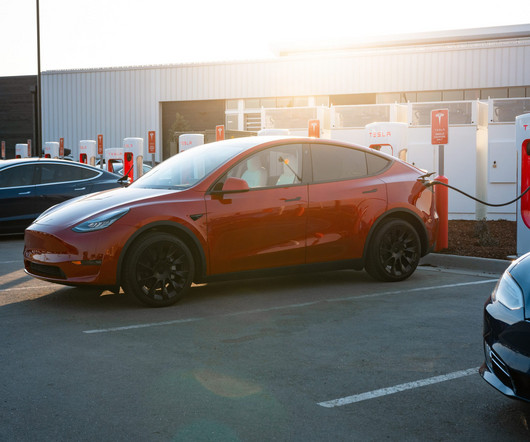




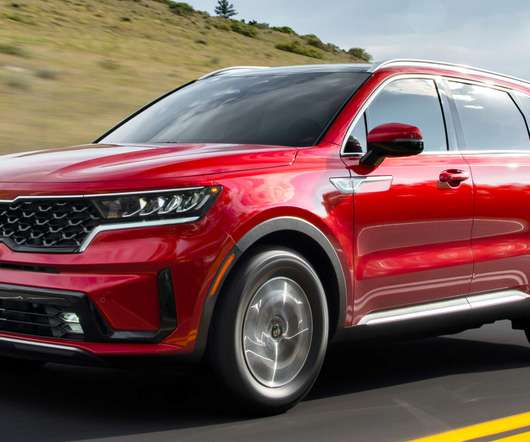





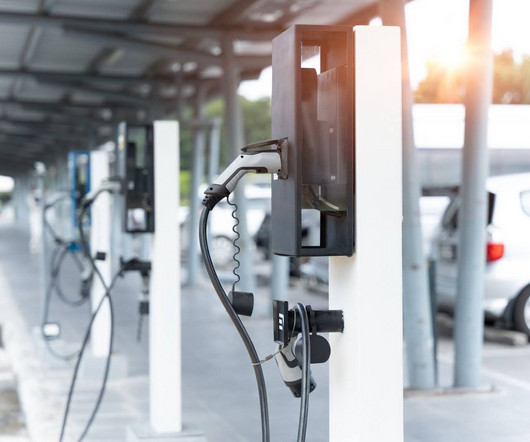











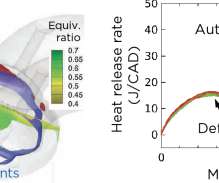
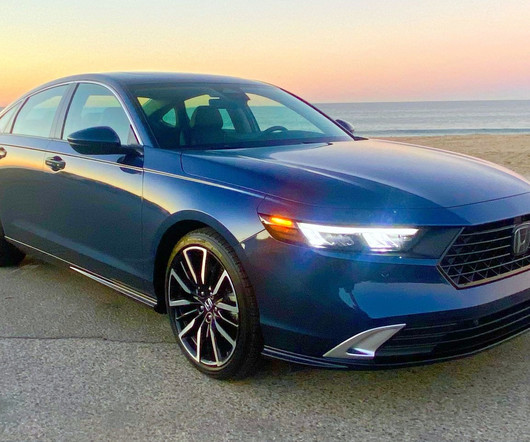



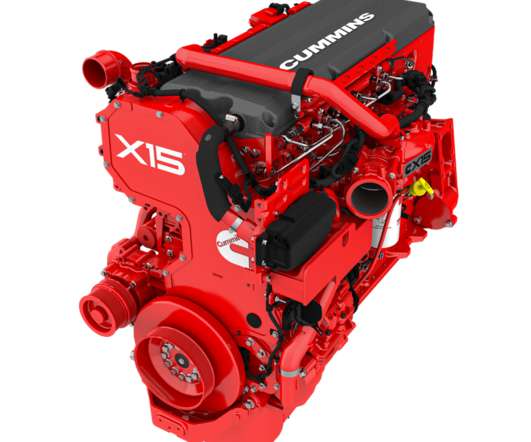
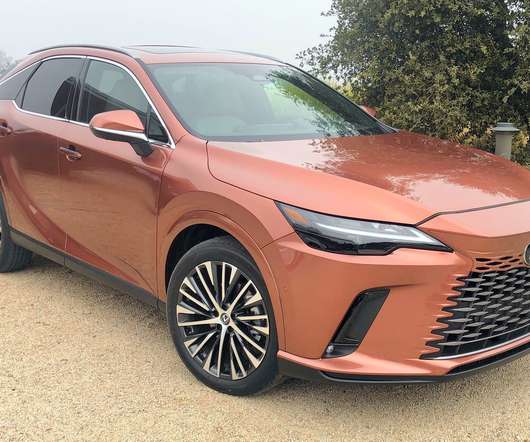
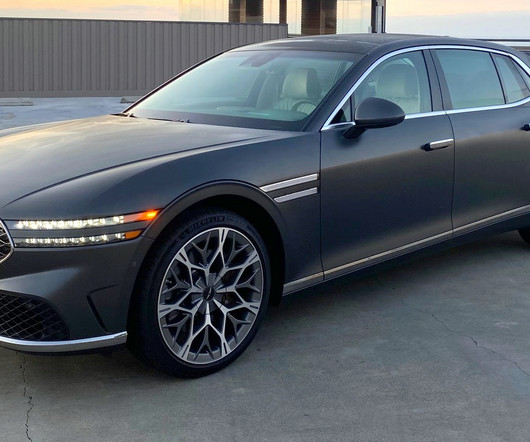

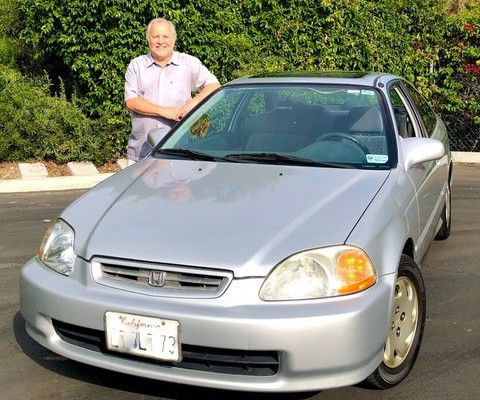







Let's personalize your content